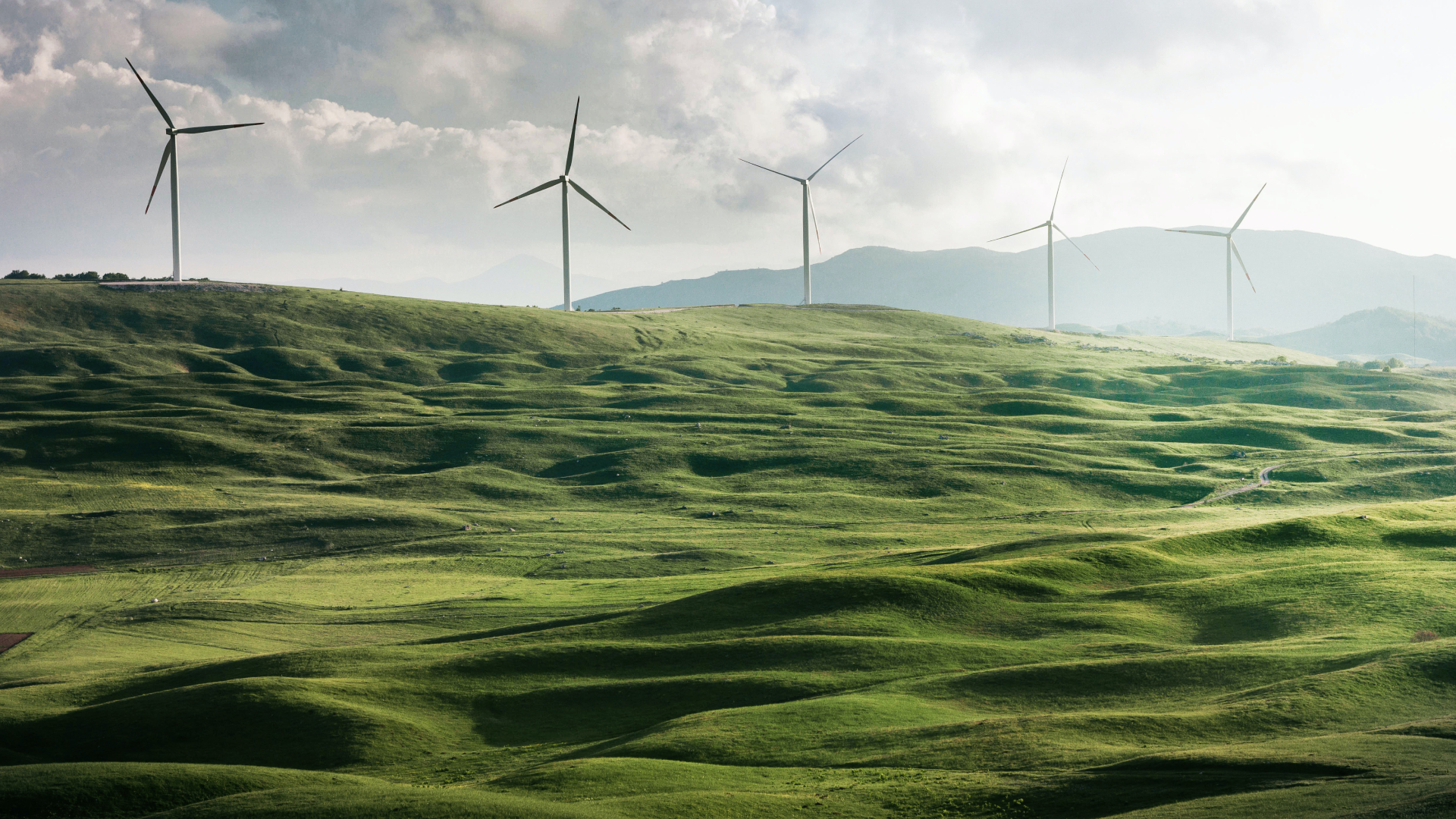- It will cost South Africa R1.5 trillion to begin its transition into green energy.
- The country has already been granted more than $8 billion for energy transition projects by developing nations in the European Union, as well as the UK, Germany and the US.
- The UK recently made a series of pledges to aid South Africa in adopting the latest clean energy technology like Green Hydrogen.
South Africa will require an initial R1.5 trillion to begin its transition to low-carbon energy, at least in the first five years. This is according to the commissioner of the Presidential Climate Commission (PCC), Joanne Yawitch.
The commissioner was addressing a “hybrid special sitting” about South Africa’s Just Energy Transition Investment Plan (JET-IP).
“At the 26th Conference of the Parties (COP) in 2021, a Just Energy Transition Partnership (JETP) was forged with France, Germany, United Kingdom, the European Union, and the United States in which the IPG undertook to mobilise $8.5 billion over five years to support South Africa’s Just Energy Transition,” said Yawitch.
“The initial IPG offer of $8.5 billion is thus a catalytic contribution towards addressing the JET IP priorities.”
The Just Energy Transition Plan (JETP) is South Africa’s overarching renewable energy transition project, which will see all of the country’s energy production capabilities transform to become more environmentally friendly, utilising carbon-minimal technologies like Green Hydrogen.
JETP is a multi-year plan that will work across multiple sectors and jurisdictions. “It will be grounded in existing South African institutions and systems and will adopt both local and global best practices,” explains the commissioner.
The funding from the EU, the UK, France and others will be primarily directed towards the electricity sector, especially in the decommissioning of coal plants, the expansion of transmission grids and related infrastructure and the deployment of renewable energy.
It will also be directed at aiding the communities affected by the coal decommissioning to diversify into other sectors.
In October, Eskom decommissioned its Komati Power Plant in Mpumalanga. The remaining infrastructure will be transformed into a renewable energy generation site where 150MW of solar, 70MW of wind and 150MW of storage batteries will add capacity to the country’s energy grid.
“South Africa’s dependence on fossil fuels gives rise to a range of climate, energy and transition risks, especially for affected workers, communities, businesses and exporters,” Yawitch adds.
“However, embracing new economic opportunities in green technologies can drive industrial development and innovation, leading to a sustainable and resilient future with decent work, social inclusion and lower levels of poverty.”
Earlier in November, the UK made a series of pledges and promises to support South Africa’s energy transition initiative. The European nation is set to grant an undisclosed amount of grant funding and technical assistance to South Africa to help unlock the latest renewable energy technologies.
There will also be investments made by private UK companies, like Hive Energy, which is set to build a $5 billion green ammonia plant in South Africa.
[Image – Appolinary Kalashnikova on Unsplash]
[Source – SA News]

